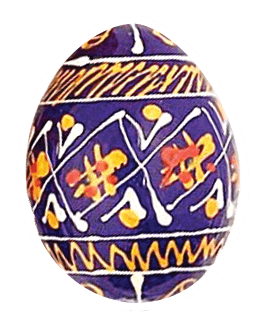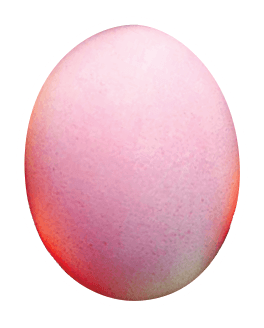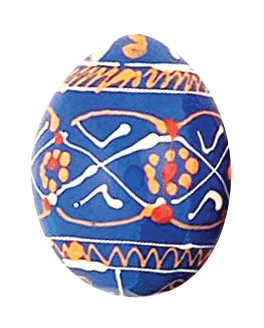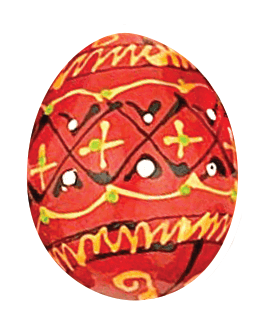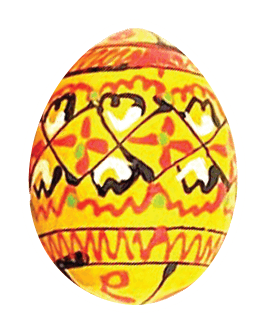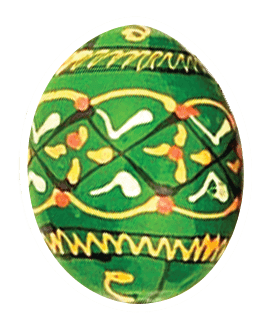Someone once said that great artists make the familiar strange.
Hawthorne does that, and I was noticing how his description of his fiction particularly parallels the effects of WaterFire that together produce a strange evocative place.
Bear with me.
In “The Custom-House,” Hawthorne describes a familiar room at night made unfamiliar by moonlight, which creates eeriness, a spectral strangeness. This is the space where a romancer’s imagination can roam free, where the Actual and the Imaginary meet. Then Hawthorne adds a coal fire, which mingles with the moonlight and warms the scene. And finally all is reflected in a mirror, one step removed, the “haunted verge” of vision.
And this clued me into the effective success of WaterFire.
First it’s at night. There’s moonlight. We’re a step removed from the daily tedium of our sunlit world.
Then Barnaby Evans adds fire, pagan beacons that suggest ancient rites.
The fires ride on the water, where they are reflected, reproducing Hawthorne’s mirror. Water doubles and distorts and shimmers.
The choice of music, like good prose, sets the mood, weaves the spell.
And then we get to stroll alongside and into the event itself, mesmerized by the mysterious harmonies of water, fire, night, and music. We participate in some unusual, vaguely unsettling procession.
From this, I think, comes WaterFire’s otherworldliness, at first vaguely European but then something else, removed from accustomed and remembered haunts.
Hawthorne strove to re-enact enchantment in his novels. Evans achieves the same thing here, a kind of luminous entrancement, in which dark boats slide by with their darker occupants, ghosts on a dark stream.
All these effects create this defamiliarized realm, as if we’d stepped out of our usual routine and found ourselves somewhere else, curiously anchored to everyday objects. But not quite.
So WaterFire draws us on and in. And in doing so transforms Providence into somewhere else.
Providence used to be the place you got lost in on the way to the Cape. No more. It’s now become theatre, as most great cities are.
Water and fire, elements of purification and destruction, baptism and the apocalypse.
But also it seduces us to watch and gaze, to lounge and languish, as Walt Whitman advised busy Americans to do. We slip out of our skin, rushed and creased, and are eased into a state of wonder and strangeness.
How could any of us ever resist?
Sam Coale teaches American Literature at Wheaton College and has roamed in Providence for years.




